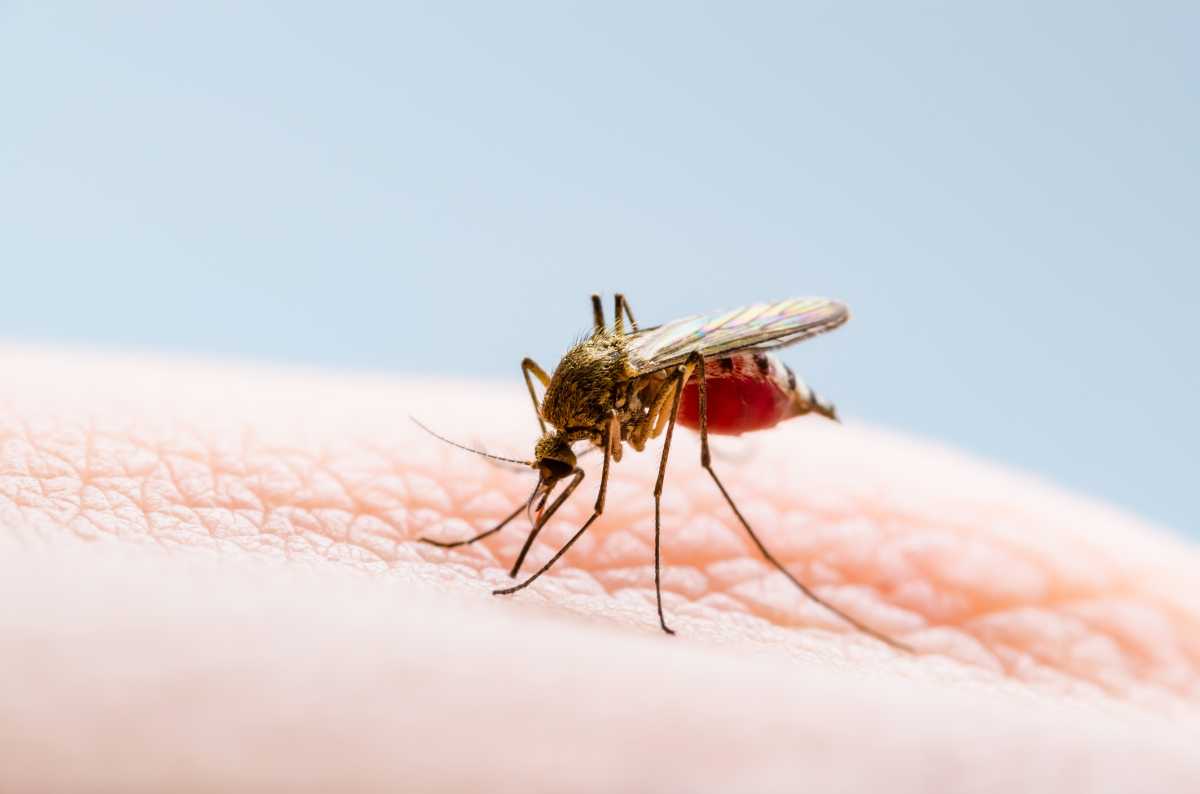
"Photo by Getty Images A Queens resident has been hospitalized with encephalitis, a brain infection, after contracting West Nile virus through a mosquito bite, city health officials said Friday while announcing the first human cases of the virus for the 2025 season. Acting Health Commissioner Dr. Michelle Morse said the individual is one of two confirmed cases by the Department of Health."
"The other person is also a Queens resident and was briefly hospitalized. Additionally, Dr. Morse said that the virus was detected in blood donations from two individuals, one a resident of Brooklyn, the other of Staten Island, and that reports of two more people from Brooklyn with possible West Nile virus disease are under investigation. West Nile virus, which spreads through mosquitoes, can cause severe illness or death, though most infections do not lead to serious complications, according to city health officials."
"People over 55 and those with weakened immune systems are at the highest risk for severe illness. Like the Queens resident currently hospitalized, in rare cases, about one in 150, the virus can cause West Nile neuroinvasive disease, a serious and potentially fatal infection of the brain and spinal cord. Symptoms can include changes in mental status and muscle weakness, often requiring hospitalization."
Two human West Nile virus cases have been confirmed in Queens, one hospitalized with encephalitis and another briefly hospitalized. The virus was detected in blood donations from residents of Brooklyn and Staten Island, and two additional possible cases from Brooklyn are under investigation. People over 55 and those with weakened immune systems face the highest risk of severe illness. About one in 150 infections can lead to West Nile neuroinvasive disease, causing encephalitis, meningitis, or acute flaccid myelitis with symptoms like altered mental status and muscle weakness. Mosquito surveillance found 988 positive mosquito pools across five boroughs this season.
Read at www.amny.com
Unable to calculate read time
Collection
[
|
...
]